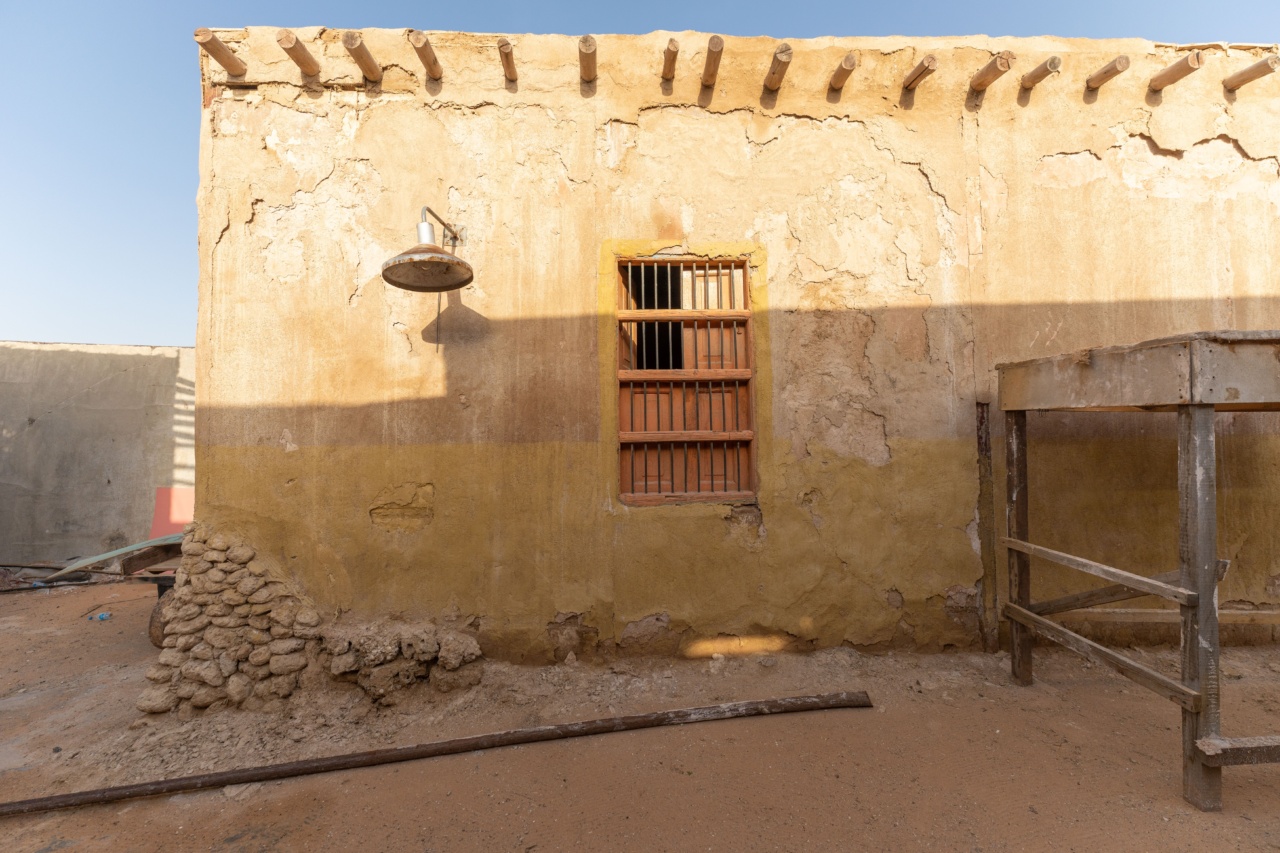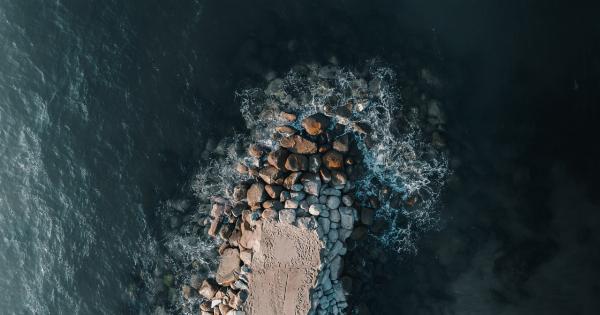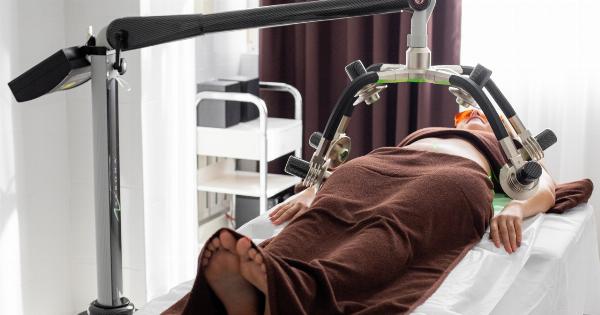Kidney stones are a common affliction around the world. It is a painful condition that results from the formation of crystals in the urinary tract. The stones can vary in size, but they are commonly pea-sized or larger.
Kidney stones are a result of a buildup of minerals, such as calcium or uric acid, in the kidneys. This condition has attracted a lot of myths that can be dangerous to someone suffering from kidney stones. This article will debunk some common myths about kidney stones that you may have heard.
Myth 1: Only Men Get Kidney Stones
It is true that men are more prone to kidney stones than women, but both sexes can suffer from this condition. Recent studies have shown that more and more women are now being diagnosed with kidney stones.
Surveys conducted in 2007 and 2010 indicate that the number of women suffering from kidney stones has increased by 16 percent. The pain that women go through is not different from that experienced by men. Therefore, gender is not a determining factor in getting kidney stones.
Myth 2: Taking Calcium Supplements Causes Kidney Stones
One would think that if you get kidney stones because of calcium, then taking more calcium only increases your risk of getting kidney stones. However, not all types of calcium are harmful.
Most kidney stones result from a combination of calcium and oxalate or phosphate. The calcium in most supplements is different from the one that leads to the formation of kidney stones. In fact, current research shows that taking calcium supplements can reduce your risk of getting kidney stones.
Therefore, you should not be afraid of taking calcium supplements.
Myth 3: Drinking Milk Causes Kidney Stones
People have associated milk consumption with kidney stones due to the calcium content. However, drinking milk has been shown to reduce the formation of kidney stones.
The reason behind this is that milk contains a protein called casein, which binds with calcium and prevents the formation of stones. Also, milk is a good source of calcium, which can help to prevent kidney stones. Therefore, drinking milk can help to prevent the formation of kidney stones.
Myth 4: Consuming Protein Causes Kidney Stones
Protein is an essential nutrient that the body needs for growth and repair. Research has shown that consuming too much protein can indeed increase the risk of getting kidney stones.
However, it is only excessive consumption of animal protein that has been associated with kidney stones. Plant-based proteins, on the other hand, have no links to kidney stone formation. Therefore, instead of cutting back on protein, you should reduce your intake of animal protein and increase your intake of plant-based protein.
Myth 5: Drinking Cranberry Juice Helps Treat Kidney Stones
Cranberry juice is known for boosting the immune system and preventing urinary tract infections. However, it has no direct effect on the dissolution of kidney stones.
Drinking cranberry juice can help reduce the risk of developing urinary tract infections, which can increase the risk of kidney stones formation. If you have already developed kidney stones, drinking cranberry juice alone will not help you pass the kidney stones out.
Therefore, you should focus on seeking better treatment options, such as Lithotripsy, which uses shock waves to break the stones into small pieces that can pass easily through the urinary tract.
Myth 6: Kidney Stones Only Affect Older People
While it is true that the risk of developing kidney stones increases with age, people of all ages can get this condition. Younger people can get kidney stones due to genetic predisposition, poor diet, and dehydration.
Children, too, are prone to kidney stones, especially if they have recurring urinary tract infections. Therefore, age is not a determining factor in getting kidney stones.
Myth 7: There Is No Way to Prevent Kidney Stones
It is a myth that it is impossible to prevent kidney stones. The truth is that there are many steps you can take to prevent kidney stones. Drinking plenty of water is one of the best ways to prevent kidney stones.
When you drink enough water, it helps to dilute your urine, which makes it harder for stones to form. Eating a diet rich in fruits, vegetables, and whole grains is another way to prevent kidney stones. A diet low in sodium and animal protein can also help to reduce your risk of developing kidney stones.
Myth 8: All Kidney Stones Need Surgery to Be Removed
While surgery is sometimes necessary to remove very large kidney stones, most kidney stones can be passed out naturally. Drinking enough water and taking pain relievers can help to pass the stone through the urinary tract.
Other treatment options include medication to ease the pain and help pass the stone, shock wave therapy, and laser therapy. Therefore, surgery is not the only option to remove kidney stones.
Myth 9: All Stones Are the Same
There are different types of kidney stones, and each type has a different cause and treatment strategy. The most common types of kidney stones are calcium stones, uric acid stones, struvite stones, and cystine stones.
The treatment approach for each type is different. Calcium stones, for instance, can be prevented by reducing the intake of sodium and animal protein.
Struvite stones, on the other hand, can be treated by antibiotic therapy, while uric acid stones are treated with medication that reduces the amount of uric acid in the urine. Therefore, all stones are not the same.
Myth 10: Drinking Beer Helps to Pass Kidney Stones
There is no scientific evidence to prove that drinking beer helps to pass kidney stones. Drinking beer can indeed lead to dehydration, which can make it harder for you to pass kidney stones.
On the other hand, drinking water can help to dilute your urine, which makes it easier to pass the stones out. Therefore, it is wrong to think that drinking beer will help you pass kidney stones.






























